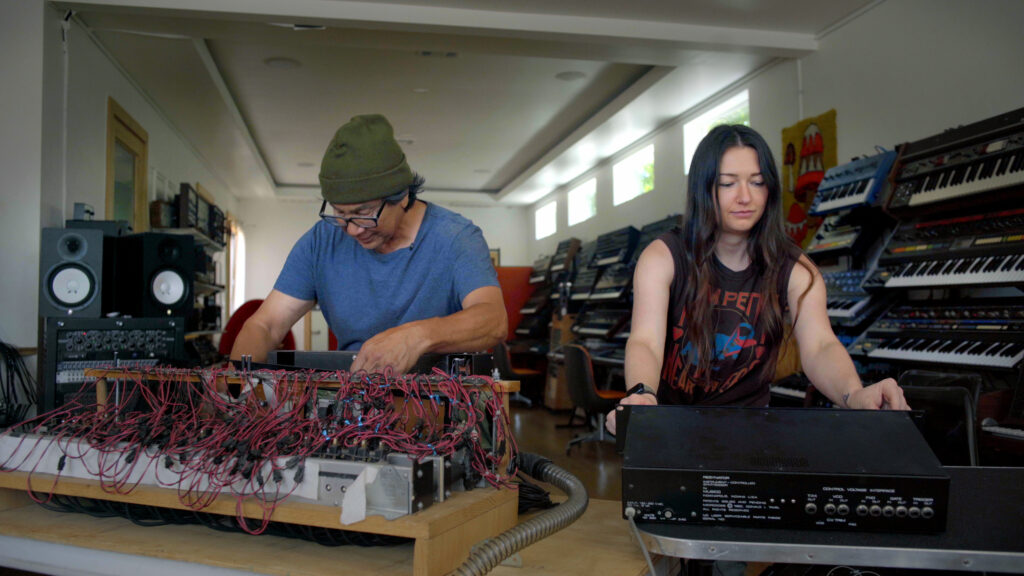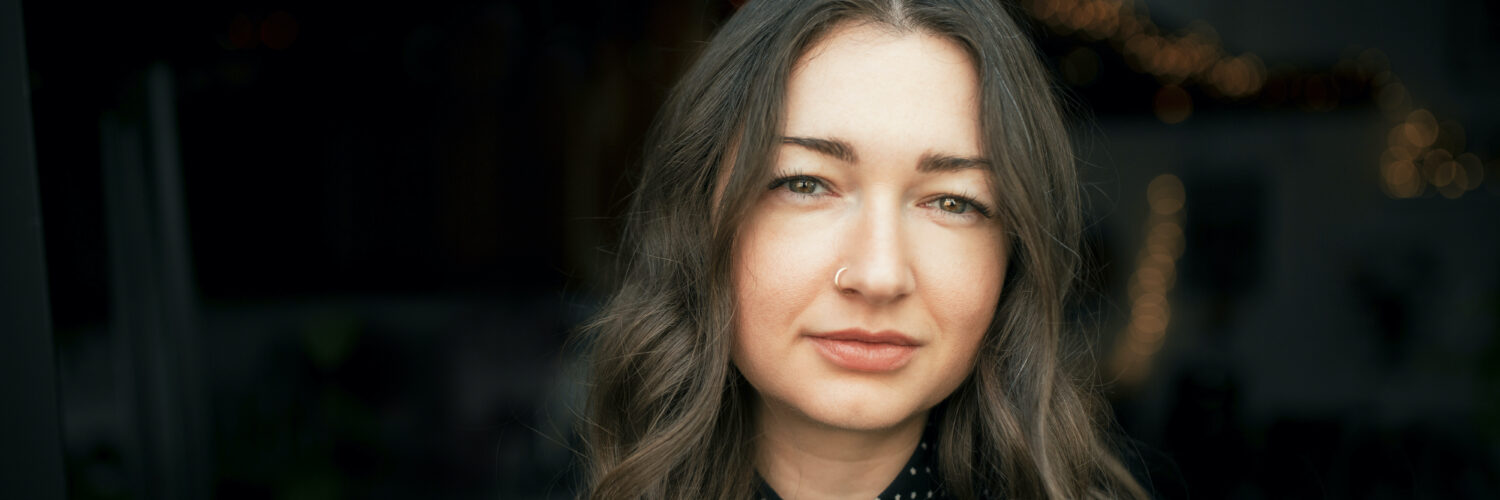Making its world premiere at SXSW last week was Alison Tavel’s Resynator, a compelling and profoundly moving documentary about her father and the ingenious synthesizer he invented in the 1970s. As the film traces her efforts to get the machine working again, she also learns a lot about the man who’d been just a faded picture to her for so many years.
This was Ms. Tavel’s first feature, and it was honored as the SXSW Audience Award Winner, Feature Documentary. She spoke with ArtsBeat LA about her experiences making the film and navigating the festival circuit.
NOTE: this interview was conducted before it was announced that Resynator had won the SXSW award.
ArtsBeat LA: How has the SXSW experience been for you?
Alison Tavel: It’s like nothing I’ve ever experienced. This is my first film. It took me 10 years to make, and I’ve never been to a film festival before. So I didn’t know what to expect. In preparing for the festival, I had so much to do and I didn’t have the time to talk to other people who had done this in the past, to be able to manage my expectations.
I wished the premiere could have gone on so much longer. It all happened so fast and then it’s over. I’m still reeling from it. I can’t have pictured anything more perfect.
What’s next for the Resynator?
There’s two Resynators, right? There’s the film and there’s the synth. Hopefully, this is the beginning for both of those things. I don’t know where the film’s going to go. Hopefully, it will have a festival run and I’ll get to show it to everybody. I hope this film makes people aware of what my dad did, and the technology he invented.
His ideas and his concepts—they really were novel at the time and are still novel now. If the film could help create a platform for his work, that would be great. I’ve been working with Indiana University on a new hardware prototype. We’re still testing it, but it’s in motion. Grad student Harry [Chaubey] has been leading the charge, along with Professor Scott Deal, and I’m so grateful for that. Hopefully we’ll get that wrapped up by the end of the year.
And then there’s a software version I’ve been working on with Rob Rampley, MOK Music. I have a few physical units that we built from spare parts, so we have more than just the one now. I only have so many of them, though. I’m hoping that the new, modern versions will get out there and people will use them for themselves.
And you’re trying to get it to market. Right?
Yeah, but I’m not trying to be a synth manufacturer. I don’t want to sell synths for a living, but I want to do what I can to get my dad’s stuff out there. Whatever I have the capacity to do, I will do. I’ve submitted to film festivals big and small. As I said, I’ve never done this before, and I want to go to as many as I can.

That must feel gratifying to preserve your father’s legacy like that.
I don’t have any high expectations, but I’m going to do all I can do. The film is the first big step in that direction. I have to! It’s such a cool synth and everybody who plays it—even if they don’t fully get the sound they were looking for or don’t totally understand everything about it, it’s a unique experience. Nobody walked away bummed out. It was more like “What a cool thing!”
I think that musicians are always looking for the next tool to inspire them to make music, and this is an inspiring tool.
How’s the feedback been at SXSW?
That’s the thing. I knew I would get reviews, and what if they were bad? That’s my personal life! I decided before the film even premiered that I wouldn’t read any reviews. I used to tour with [the film’s executive producer] Grace Potter, who had this rule. She never read bad reviews and she never read good ones, because neither is good for her brain—to allow her to move forward. She made the art, and people are going to receive it how they receive it. It’s out of her control.
I hadn’t put art out into the world before, so I didn’t know how I’d feel receiving something that was good or bad. It’s such a personal story. You’re judging my family; you’re judging everything. I was terrified when the reviews started coming out and I’d get little pull quotes and little blurbs from friends throughout the whole week.
That was really exciting for me, because it’s been really well received. Everybody is receiving the story as I intended it to be received. The themes that I wanted to hit home and the messages I was trying to convey are being interpreted the way I wanted. I’m so happy!
Feature photo: Alison Tavel, filmmaker. Photos courtesy Select A Shape Pictures.








Thanks I have recently been looking for info about this subject for a while and yours is the greatest I have discovered so far.